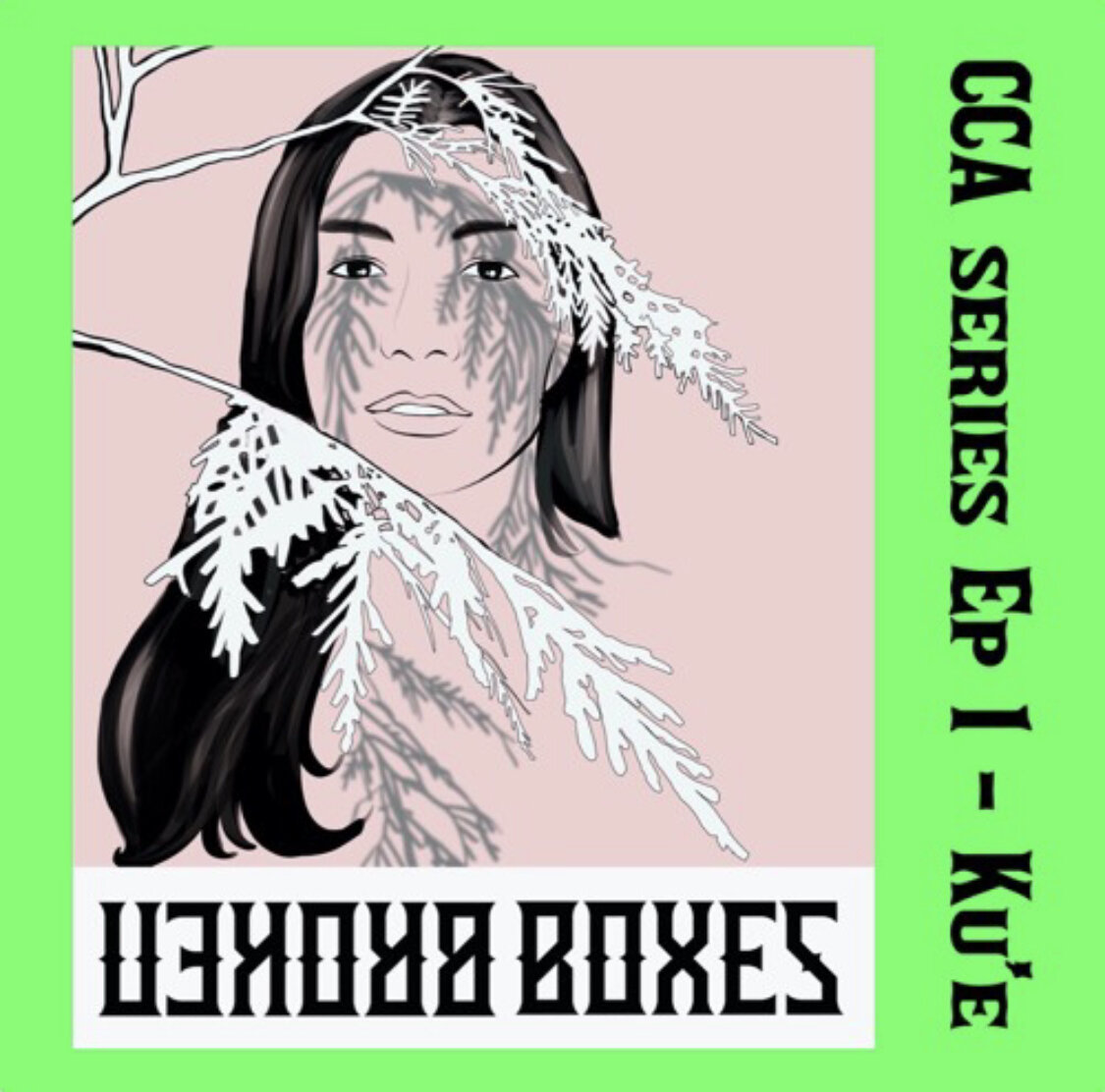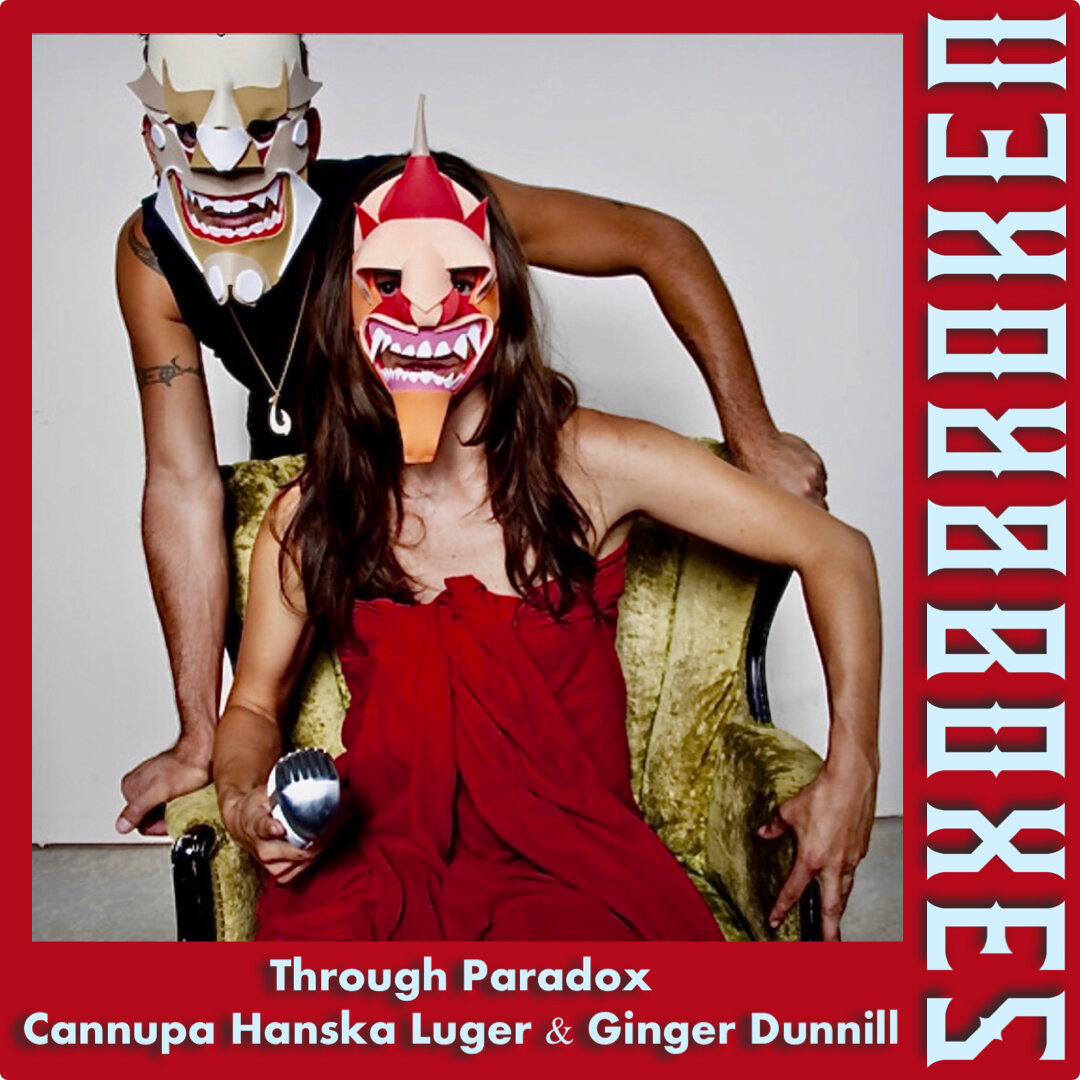By Breath & By Song: Conversation with Dakota Camacho
In this episode we hear from artist Dakota Camacho. They speak to us through song and story about depth in relationship to land, community and in what ways they practice their art. They speak on mindfulness in social media, protocol, witnessing elders and self, of accountability, how to embrace challenges as gifts, and so much more.
About the artist:
Dakota Camacho is a Matao/CHamoru artist born & raised in Coast Salish Territory who creates indigenizing processes by weaving languages of altar-making, movement, film, music, and prayer. Exploring the overlap between integrity, ancestral/indigenous lifeways, true love, and accountability, guiya (they) activates a Matao worldview to make offerings towards inafa’maolek (Balance and harmony with all of life).
Camacho has presented yo’ña (their) work on five continents and throughout Oceania. Guiya is a Nia Tero Pacific Northwest Artist Fellow, Western Art’s Alliance - Native Launchpad Artist and the recipient of The New England Foundation of the Arts, National Dance Project Award, The National Performance Network’s Creation Fund. Camacho holds a Masters of Arts in Performance Studies from Tisch School of the Arts at New York University, and graduated from the University of Wisconsin-Madison with a Bachelor of Arts in Gender & Women's Studies as a First Wave Urban Arts and Hip Hop Scholar. Camacho is a chanter, adjunct instructor, and core researcher for I Fanlalai'an Oral History Project based at the University of Guåhan.
Yo'ña (their) work enacts spaces for multiple worlds, ways of knowing, being, and doing to speak to each other while unearthing embodied pathways towards collective liberation
Music Featured: Following our conversation we will hear a very special unreleased song by Dakota Camacho titled Fangoggue, exclusively presented for this Broken Boxes episode.
This conversation was hosted by Ginger Dunnill of Broken Boxes Podcast








